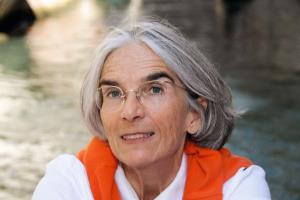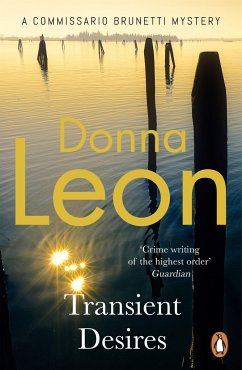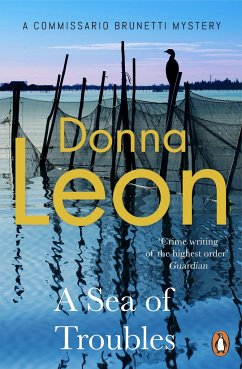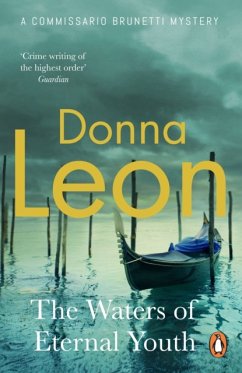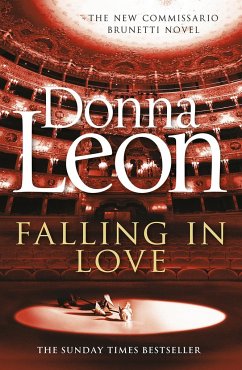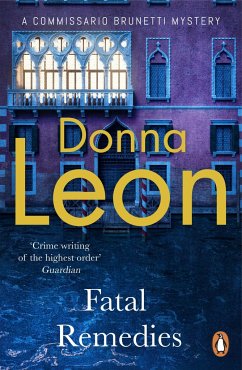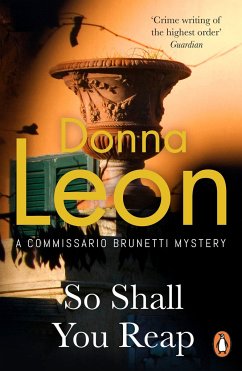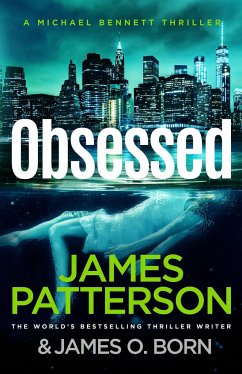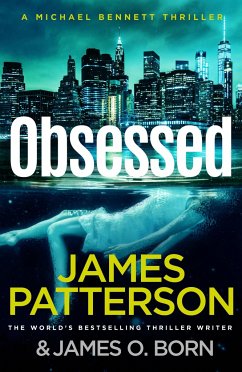Nicht lieferbar
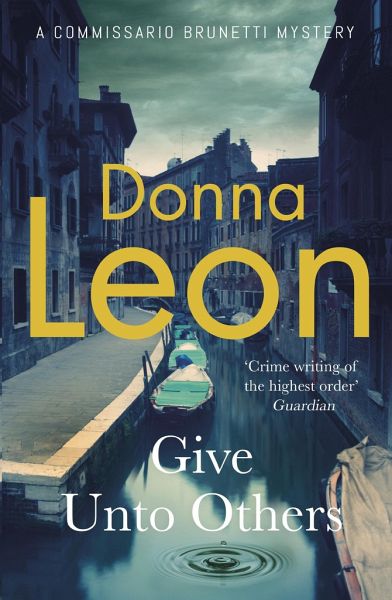
Give Unto Others
Versandkostenfrei!
Nicht lieferbar
A GUARDIAN BEST CRIME AND THRILLER BOOK OF 2022'Crime writing of the highest order' GUARDIAN'Donna Leon has been giving unto us for all of the thirty years since Death at La Fenice introduced us to Brunetti' Val McDermidThe gifted Venetian detective returns in his 31st case - this time, investigating the Janus-faced nature of yet another Italian institution. Brunetti will have to once again face the blurred line that runs between the criminal and the non-criminal, bending police rules, and his own character, to help an acquaintance in danger. 'Both tremendously enjoyable and deeply humane' JES...
A GUARDIAN BEST CRIME AND THRILLER BOOK OF 2022'Crime writing of the highest order' GUARDIAN'Donna Leon has been giving unto us for all of the thirty years since Death at La Fenice introduced us to Brunetti' Val McDermidThe gifted Venetian detective returns in his 31st case - this time, investigating the Janus-faced nature of yet another Italian institution. Brunetti will have to once again face the blurred line that runs between the criminal and the non-criminal, bending police rules, and his own character, to help an acquaintance in danger. 'Both tremendously enjoyable and deeply humane' JESSIE GREENGRASS, Costa-shortlisted author of The High House'Leon's elegant, witty prose . . . is a joy' AMANDA CRAIG






